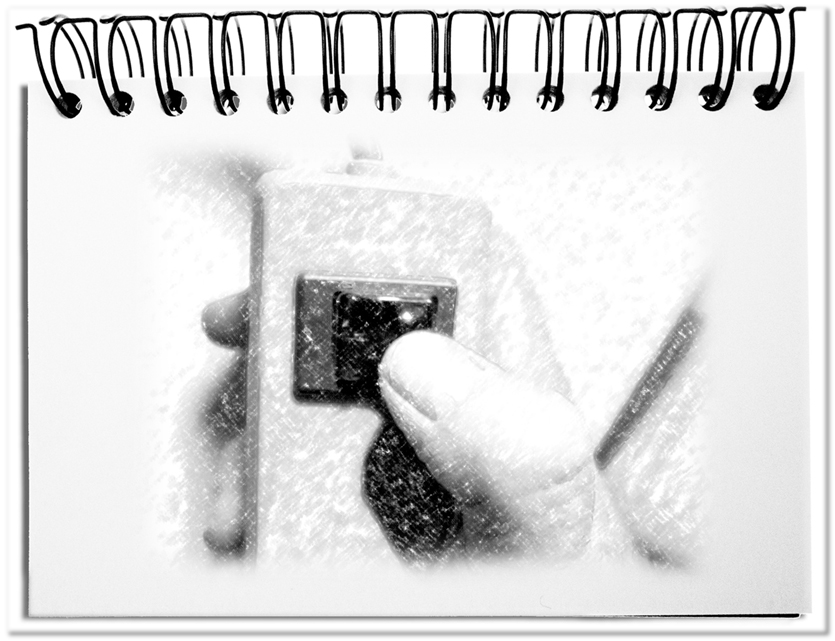If difficulties arise, at first glance, it is due to other people. Why? It is easier to look for mistakes somewhere else than to be part of the trouble. A look at the usual generalizations illustrates this tendency.
- Development is not able to design products that can be manufactured with little effort.
- Production is not able to assemble the developed items without errors.
- Sales can only sell proven commodities.
- Purchasing undermines the trustful cooperation with suppliers.
- Management does not decide.
- Employees do not participate.
- Suppliers are not delivering adequate supplies.
- Customers nitpickingly take offense at insignificant flaws.
Such stereotypes penetrate our everyday business. At the same time, approaches for our actions can be found in these inappropriate generalizations – because the act belongs to the individual.
Difficulties that arise are reflexively pushed away from oneself. However, this apparent relief offers no solution and delays essential levers – our contributions. Especially if the others are not willing to take over tasks. It is wiser to take a closer look at the own share in the difficulties and actively participate. The following questions will help to do this.
- What am I doing?
Our acts are the personal portion of a case. The doing consists of the tasks we undertake, the activities we perform, and the behavior according to the observable (re)actions. There is nothing we can better influence than the doing that we execute by ourselves – Except: the reactions triggered by the limbic system, which can only be subsequently revised.
If everyone takes care of its part in a task and contributes to the correction of the flaws, then the best possible solution results from the interplay of all. - What does that do to others?
One’s actions produce results that affect the environment. For this reason, we should discuss the impacts in advance with those affected or at least anticipate which consequences are imaginable (i.e., follow-up activities, effects, opportunities, and risks). Comparing desired and probable outcomes provides approaches to improve acts.
Determining in advance the final state and the effects on others in more detail is a prerequisite for adapting at an early stage and avoiding unintended consequences as far as possible. - What would I like to change?
Even if we initially want to change the outer conditions, it is better to start with ourselves. We need to make sure that the actions also match our attitudes. This requires a self-conscious, open examination of our attitudes – i.e., skills (abilities, knowledge, and experience), convictions (values, beliefs, and mental models), and role (the assigned tasks, authority, and responsibility). We possibly need other skills to perform the acts. It can also be that we need to rethink our previous beliefs and conclusions due to the new situation. Often, we may even lack permission to proceed differently. To take effective action, we must adjust the premises accordingly.
No one has more power to change us than ourselves. - What is it doing to me?
These reflections are not about sacrifice ourselves and selflessly only doing what others expect of us. But just as we consider the environment, we must also think about our internal balance and the impact on our well-being. If the changes create tensions between skills, beliefs, roles, and most importantly, actions, then the changes should be revised so that we can live with them without stress – e.g., if job security is cut in favor of a cost advantage.
Our actions should always fit us and our attitudes.
Bottom line: Difficulties arise, above all, in the interplay of different interests. This leads to the fact that the responsibility for a solution is always arguable and out of convenience initially sought at others. Yet, we are the best leverage point for change. We need to be aware of our contribution to the issue: What am I doing? What is it doing to others? What would I like to change? What is it doing to me? Once we find actions that answer the four questions to our satisfaction, then that is our share we can contribute to the solution. If everyone asks oneself these questions, we get the best possible result because the act belongs to the individual.

